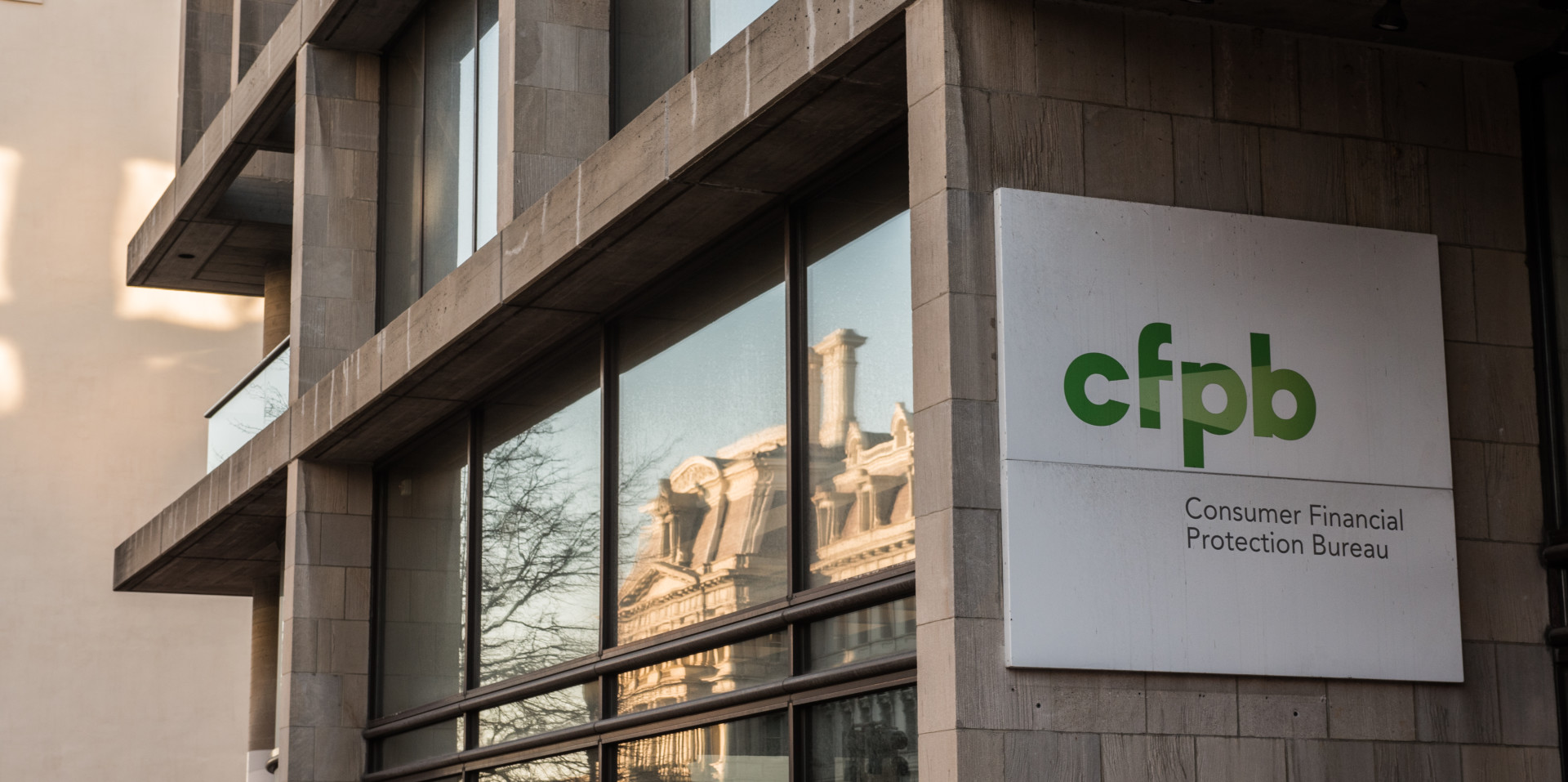The legal battle over the Consumer Financial Protection Bureau’s leadership structure could be immune to the incoming administration of President-elect Donald Trump, thanks to protections built into the Dodd-Frank Act.
Under the 2010 law that created the CFPB, the agency can proceed on litigation independently rather than having its legal strategy decisions go through the Justice Department.
That could make the CFPB’s challenge of a federal appeals court ruling in PHH v. CFPB different from the DOJ-centered approach taken in other regulatory challenges. (For example, the Justice Department argued the government’s appeal in MetLife Inc.’s challenge of its designation as a systemically important financial institution.)
By contrast, CFPB attorneys argued the PHH case. A three-judge panel ruled in October that the agency’s single-director structure was unconstitutional. The decision, if it stands, gives the president broad authority to fire the CFPB’s director, meaning Trump could force out Richard Cordray and replace him with a more conservative leader.
On Friday, the CFPB used its own counsel to request that the entire District of Columbia circuit hear the case again. The court has not signaled whether it will accept the petition.
If a rehearing moves forward and the court upholds the October decision, the agency’s next step would be to petition the Supreme Court. At that point, the law requires consultation with the Justice Department. The next attorney general — possibly Sen. Jeff Sessions (R-Ala.) — could overrule the CFPB’s decision to appeal. If the Trump administration takes over the case, the odds of an appeal moving forward will plummet.
“There are some very tricky legal issues,” said Thomas Pahl, a partner at the Washington law firm Arnall Golden Gregory LLP. “We’ve got at least a couple more levels of judicial action.”
Before joining the firm in September, Pahl was counsel in the CFPB’s enforcement division. He has also dealt with consumer protection issues at the Federal Trade Commission.
“If it gets to the point where you have a Trump attorney general in place and the CFPB wants to appeal the decision of the en banc panel to the Supreme Court …the Justice Department may be able to simply say, basically, ”We’re going to take this over, and we’re not going to appeal it,'” Pahl said.
The legal hula-hooping has major implications for Cordray’s tenure. If the original D.C. circuit panel ruling stands, Trump will have the authority to dismiss Cordray and install someone who is more friendly to Republican politics. Throughout his term, which is scheduled to expire in 2018, Cordray has been a favorite target of GOP critics.
Victory in the PHH case is not the only vehicle that critics can use to replace Cordray or change the bureau’s structure. Nick Gess, a Washington attorney dealing with CFPB issues for the Philadelphia-based firm Morgan, Lewis & Bockius LLP, noted that Republican majorities in Congress could easily strip away the parts of Dodd-Frank that are supposed to make the bureau immune to political considerations.
“It’s insulated by Dodd-Frank,” Gess told Morning Consult, referring to the CFPB. “But the things that insulate it can be changed quite easily.”

